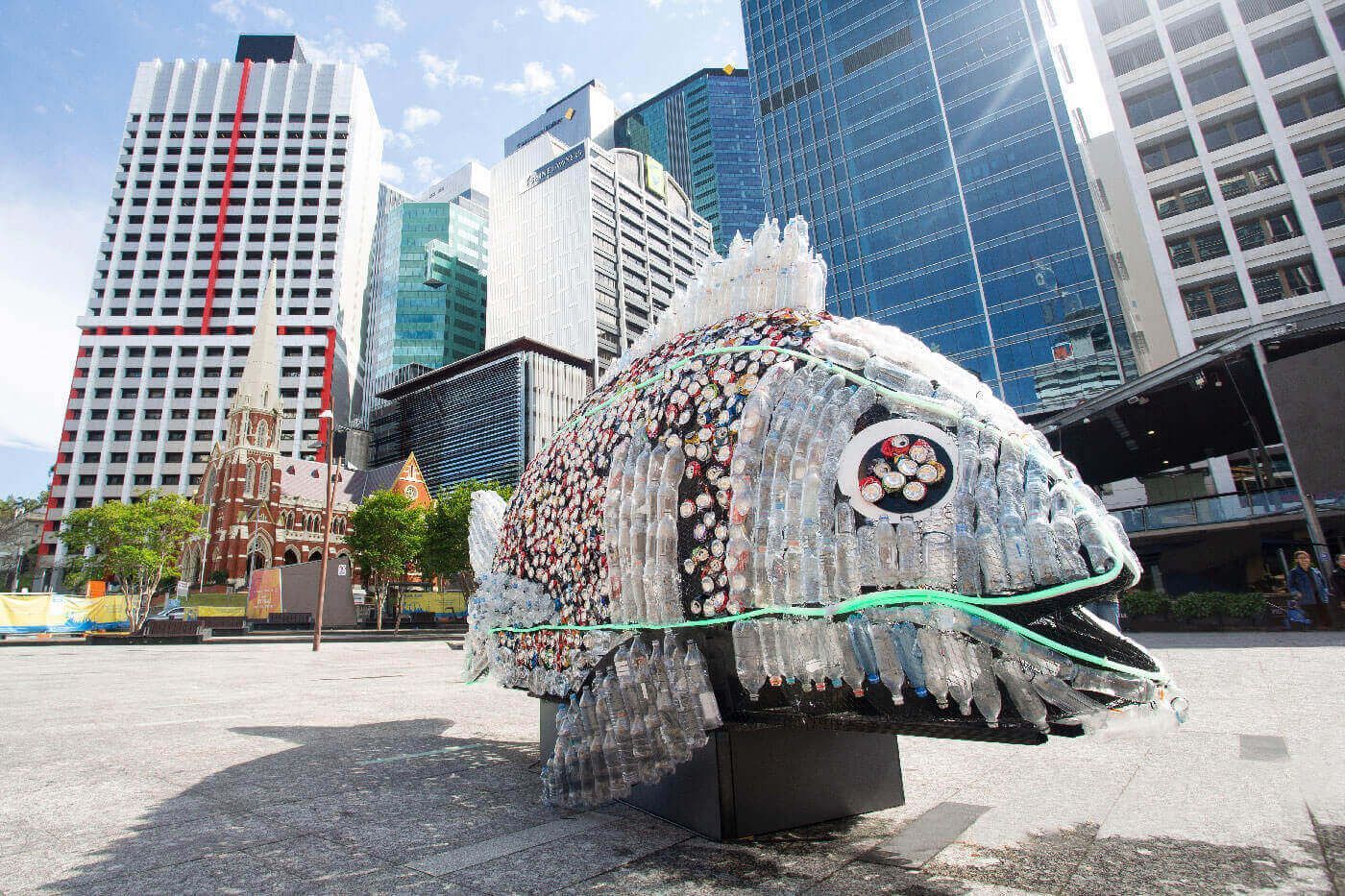Exit Interviews: Are You Missing Out On A Stack Of Valuable Data?
Finding top talent is no easy task.
Talent acquisition, engagement and retention are critical issues for any organisation. Many do an excellent job of recruiting and onboarding new employees but there are often significant gaps in an organisation’s ability to retain the top talent they’ve worked so hard to recruit.
While employee turnover is a completely normal part of any workforce, high levels of turnover can be costly and disruptive.
But when an employee leaves, it’s not all negative.
Effective employee off-boarding offers a significant opportunity for your organisation.
Why are exit interviews important?
An organisation’s ability to attract and retain the best and the brightest talent is directly linked to business performance.
If you invest a lot of time and resources in identifying, engaging, recruiting and onboarding talent - when talent leaves, you need to understand why.
We’ve recently been working with a number of clients on their exit interview strategy.
Understanding employee turnover is critical for organisational performance - and exit interviews are the key source of data about employee turnover.
Collected, analysed and leveraged over time, exit interview data plays an important role in improving employee engagement, reducing turnover and boosting business performance.
Exit interviews can also be used as a diagnostic tool to solve key issues in your organisation.
Let’s assume your organisation can easily and effectively attract top talent, then invests time and effort in onboarding and training etc. suggests that it takes 1-2 years before an employee is ‘fully productive’ ie as productive as the previous employee.
If your average employee tenure is only 18 months, your recruitment/hiring ROI isn’t great.
An effective exit interview strategy and the process will ensure you uncover the relevant information about each employee’s departure and ensures that common assumptions are inappropriately weighted.
Your employee exit protocol
Most organisations have an established off-boarding process for employees following a resignation. It might look something like this:
- discussion about retaining the team member if they are high value
- if retention is not an option, establish a handover plan
- complete handover
- final meeting with manager/team
- return company property
- arrange a send off lunch.
An effective exit interview should be part of this off-boarding process.
Designing your exit interview strategy
There are several key considerations in designing your exit interview strategy to ensure it’s effective.
What information do you need?
This can depend on the role, employee or other organisational context. It could be different for each interview. It’s important to have a plan of what information you need to gather from the exit interview so you can design the interview questions to elicit the best data.
Who will run the interview?
Think carefully about who is the most appropriate person to conduct the exit interview. It’s important that the information gathered in these interviews is real, candid and useful. Who is in the best position to collect the most useful data? In some cases, it may be the line manager. It could also be HR or even a neutral third party.
How will you best capture the information you need?
Quality data captured over time leads to the greatest insights. To get quality data, you need to consider your capture mechanism. Talk to your business intelligence team about this, they likely already have some great insights and can potentially leverage existing systems to assist with exit interview data capture.
Great questions collect strong data
Crafting effective exit interview questions is essential. These need to link back to what information you need and can vary depending on the role, employee and issues affecting that them. If there are particular ‘pain points’, challenges or issues impacting this employee, team or role, make sure your interview questions cover this.
After the interview: Review and reflect but don’t react
When conducting these interviews, it’s important to be prepared for what you might hear and learn. An exiting employee might:
- be disenchanted with the organisation
- be unhappy with management and/or their peers
- have personal circumstances affecting their decision and state of mind
- have simply outgrown their role and want more than your organisation can offer.
Each of these scenarios are perfectly normal.
It’s important not to react to the information and feedback gathered in an interview. Remember that the exiting employee may be emotional at the time. Exit interviews are not about trying to immediately fix or change things that have come to light immediately - remedial action is not the goal.
It’s also important not to get into a management or leadership ‘beat up’ session as a result of feedback received in exit interviews. Instead there is an opportunity to use the data gathered to coach your leaders and enable growth and positive change.
A long term commitment
To be impactful, exit interview data must be collected over time, reflected on and reviewed before it’s leveraged in your organisation.
It’s not useful to look at each and every exit interview singularly and respond to each issue raised. What’s more useful is to analyse the data over time and pick out the key trends and common issues and points of discontent.
Once you’ve reviewed and reflected, only then can you make a sound decision on what trends or issues are the most important to address.
Retention is not the goal
When it comes to employee exit protocol and exit interviews, retention is rarely the goal.
In fact no organisation should ever aim for 100% retention. Having no staff turnover would be unrealistic, unhealthy and could impact growth. All organisations can benefit from new ideas, knowledge and experience and a healthy flow of new people can bring this.
Exit interviews should not be designed to gather data that leads to 100% retention rates. These interviews are a long-term data capture mechanism that enables you to leverage insights from a valuable source.
Exit interviews can also be a great employer brand and PR exercise in the final stage of a person’s employment with your organisation. An effective, professional and respectful exit process will send them off on a positive note.








